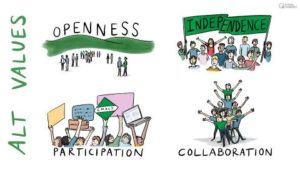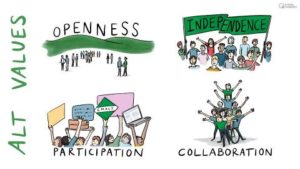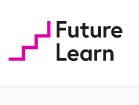An ethical framework for Learning Technology
 The Association for Learning Technologies in the UK (ALT) has the strategic aim of strengthening recognition and representation for Learning Technology professionals from all sectors. one of the priorities Members identified for this year is to develop an ethical framework for Learning Technology. They have developed a professional accreditation framework, CMALT, and last year extended it to include ethical considerations for professional practice and research last year.
The Association for Learning Technologies in the UK (ALT) has the strategic aim of strengthening recognition and representation for Learning Technology professionals from all sectors. one of the priorities Members identified for this year is to develop an ethical framework for Learning Technology. They have developed a professional accreditation framework, CMALT, and last year extended it to include ethical considerations for professional practice and research last year.
They are now developing a framework that can be used as a starting point for informing the ethical use of Learning Technology by professionals, institutions and industry and, they say, "have worked to define a set of ethical principles which will form the core of the new framework alongside tools including for example a checklist or reflective questionnaire, to help individuals, institutions and industry to see how these principles are put into action.:
They have now launched a Consultation, open until 5 June 2021, and are looking for feedback and input via a questionnaire to help finalise the framework ahead of the launch in September.






